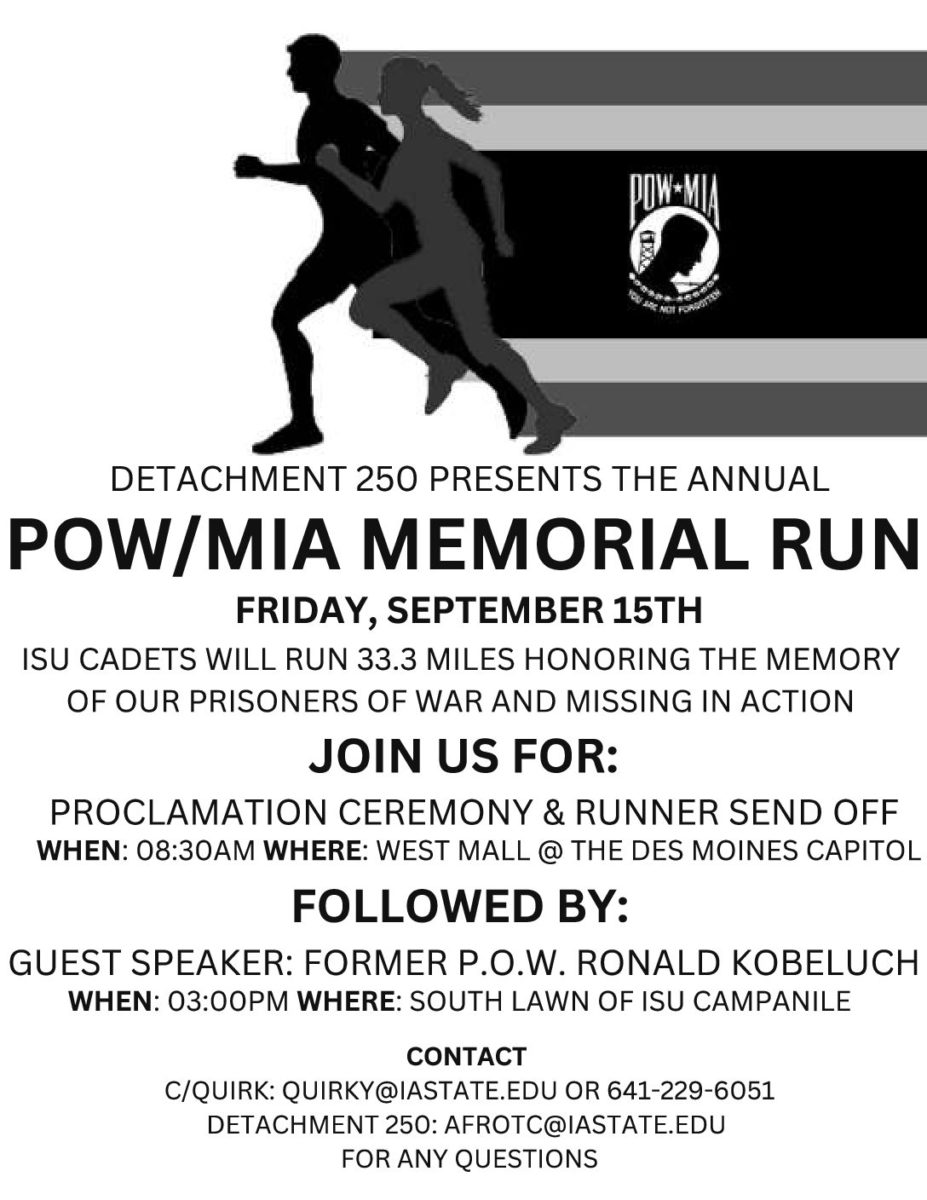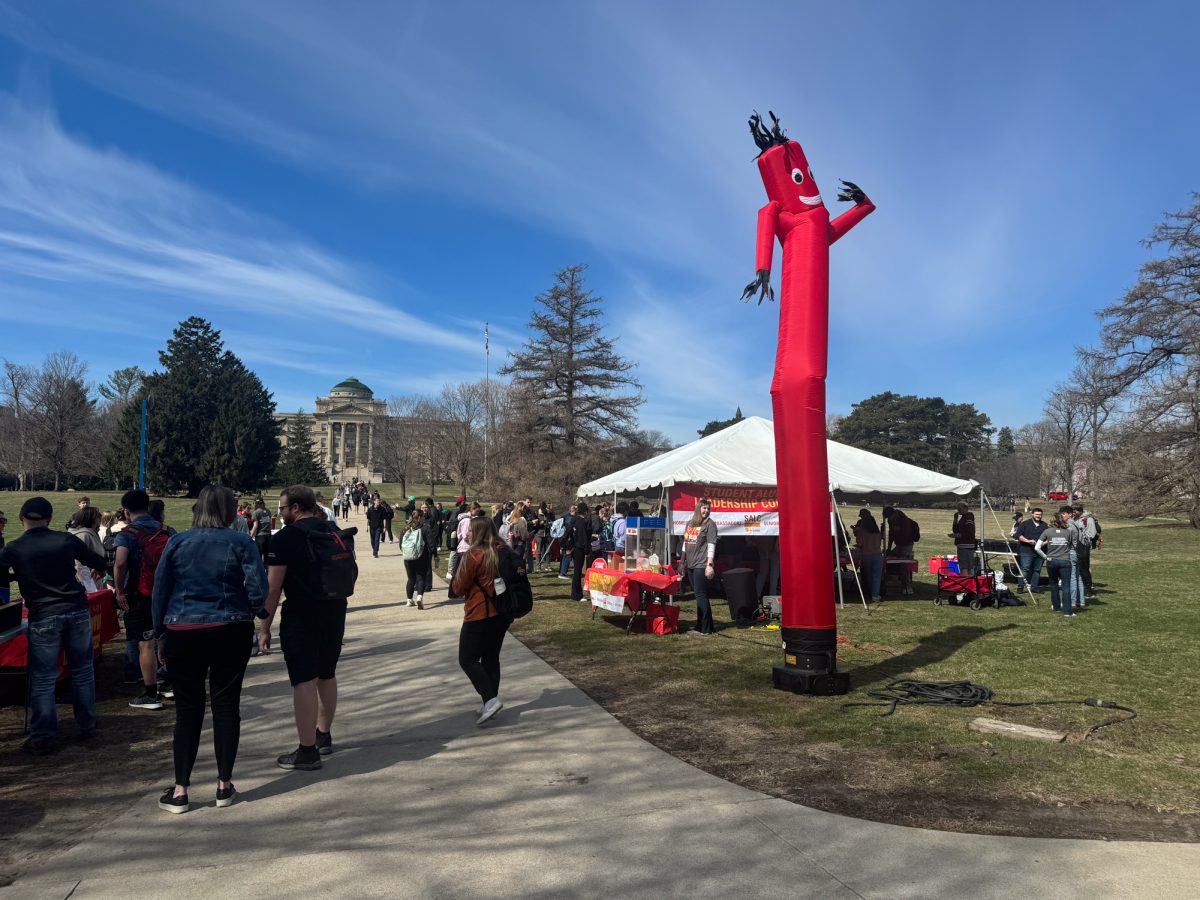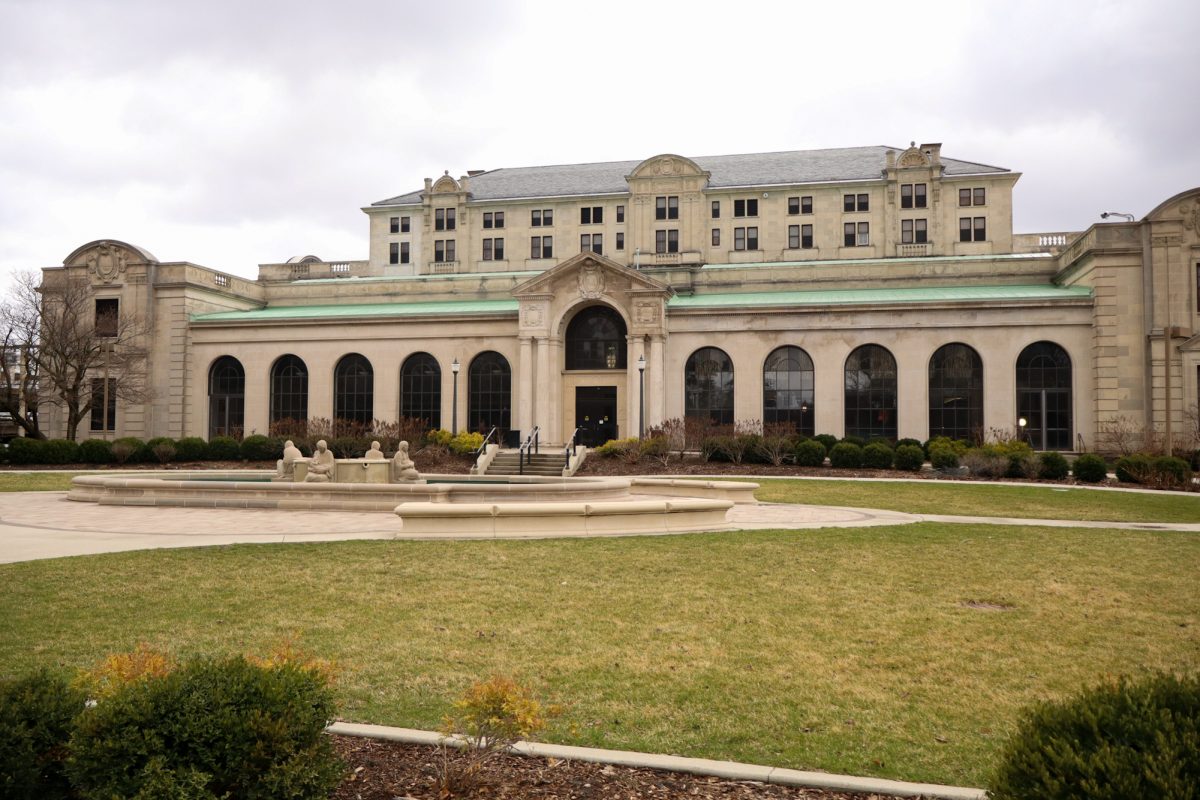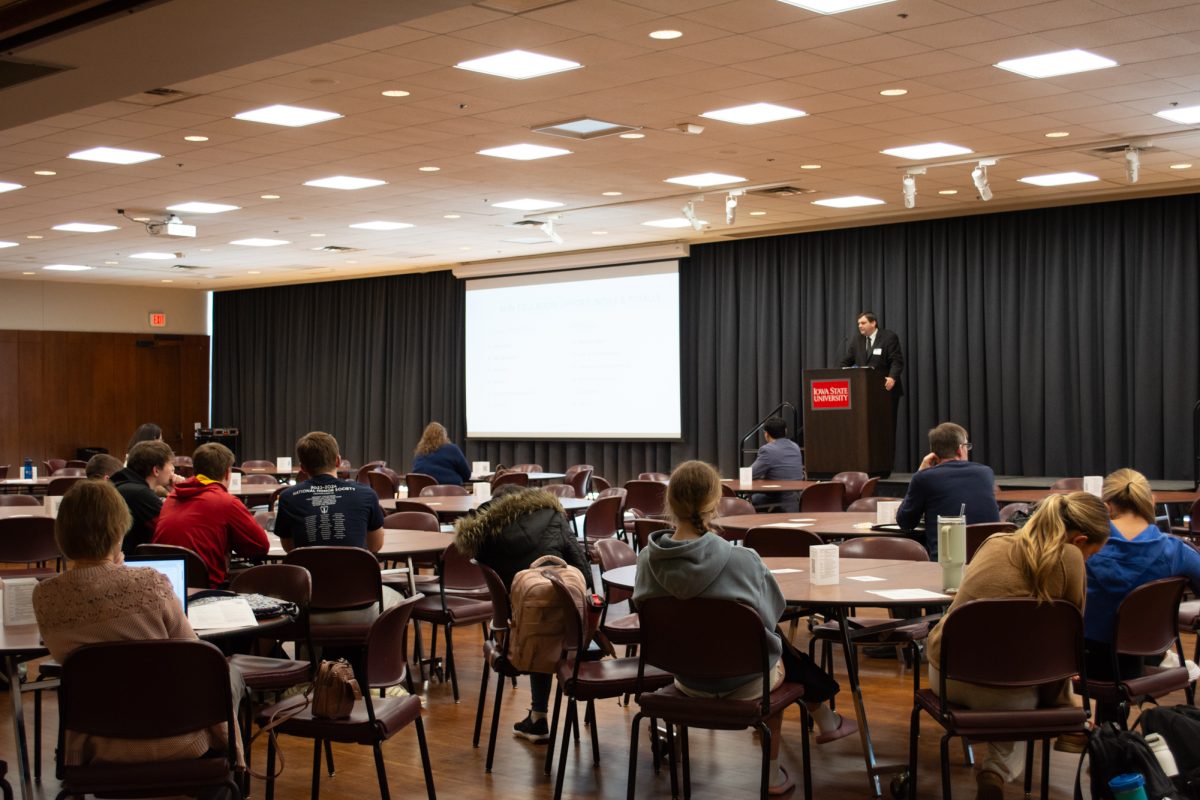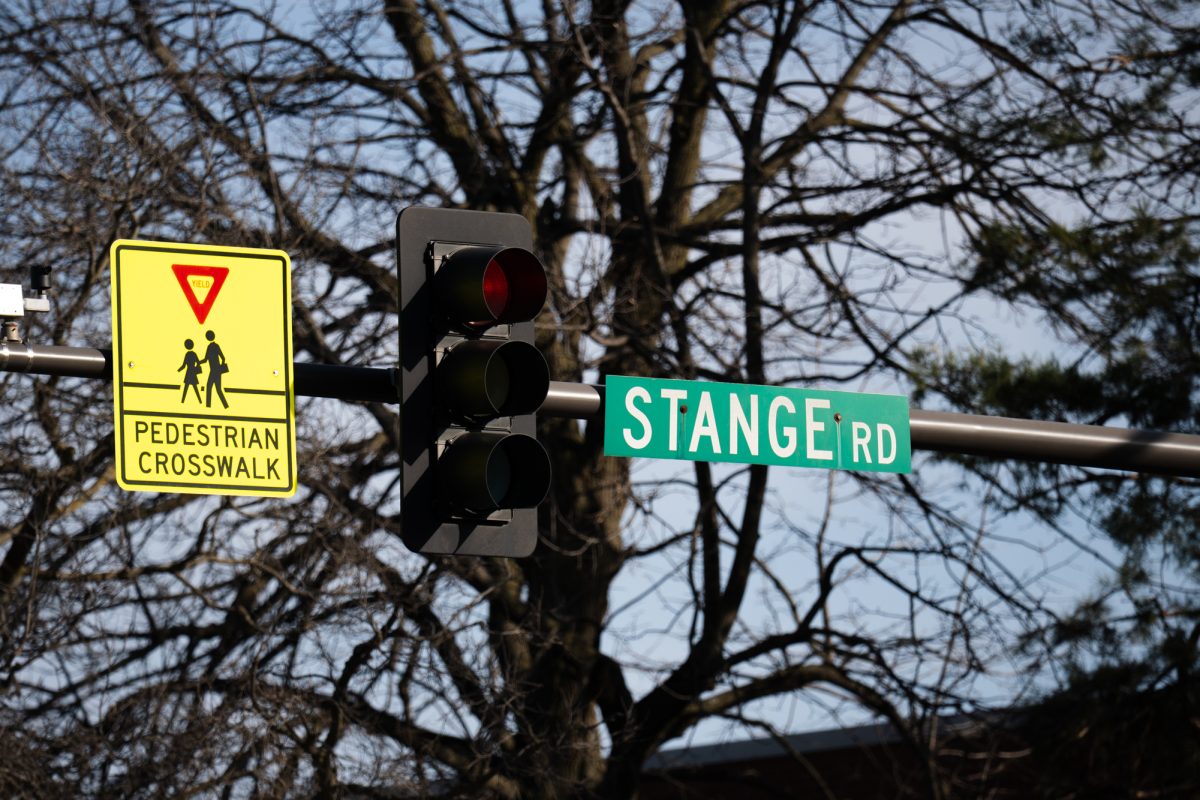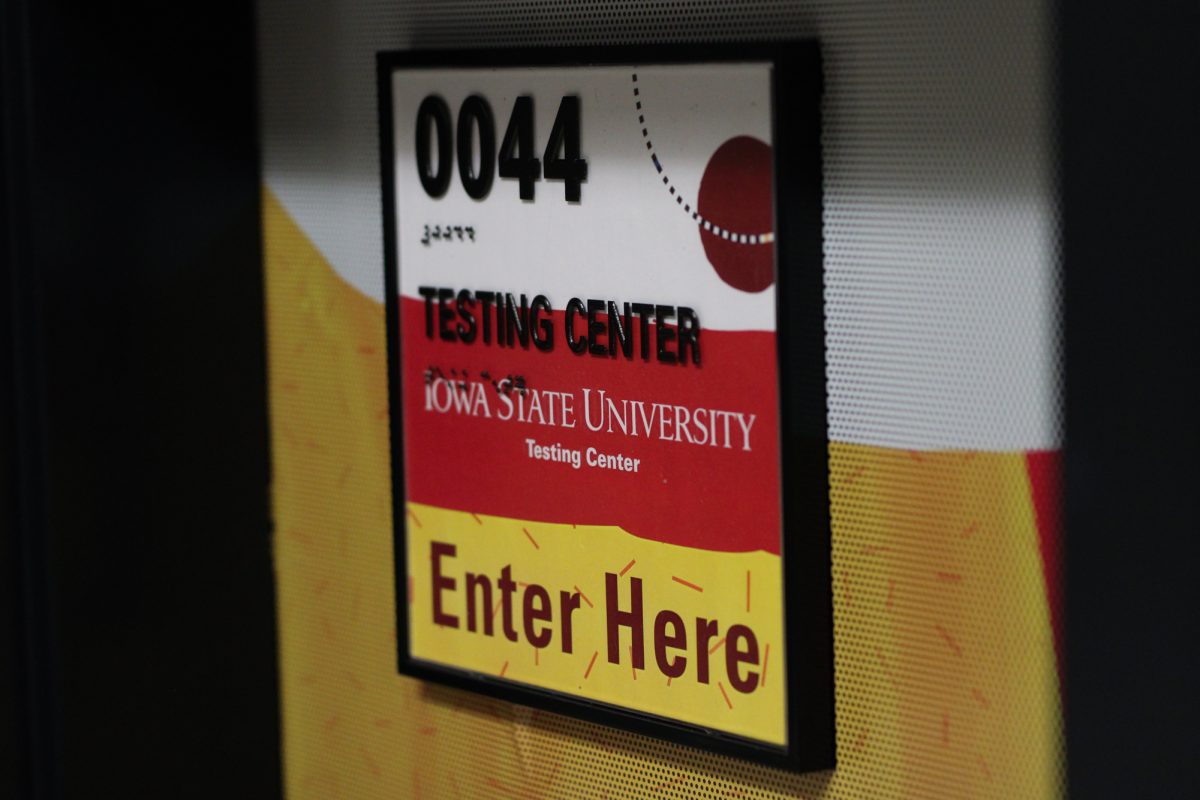Cadets and staff of the Iowa State Air Force, Army and Navy ROTC will run from the Iowa State Capitol to the Memorial Union for a 28th consecutive year this month, a run to honor and recognize those who became prisoners of war (POW) or were classified as missing in action (MIA).
Friday morning, Gov. Kim Reynolds will proclaim Sept. 15 as POW/MIA Recognition Day in honor of all returned U.S. POWs and captured, missing and unaccounted for from the Vietnam War, Korean War, Cold War and World War II and direct that the National League of Families POW/MIA flag be flown over the Capitol grounds.
The proclamation states nearly 1,580 Americans are still missing from the Vietnam War, approximately 7,500 unaccounted for from the Korean War, 126 from the Cold War, over 72,000 from World War II and six in Iraq and Afghanistan.
This year, each mile of the over 33-mile run will be dedicated to a POW/MIA from Iowa. A name and story will be read at each of the 33 miles.
Participants, accompanied by police escorts, begin the run at the Capitol steps and finish at the Gold Star Hall in the Memorial Union, a memorial engraved with the names of Iowa State students who served in World War I, World War II, Korea, Vietnam and on the USS Liberty, as well as in Somalia, Iraq and Afghanistan.
Around 50 runners will participate in the POW/MIA run this year, including the Army and Navy branches at ISU.
Cadet Claire Quirk, a junior in aerospace engineering and special projects officer for ROTC, participated in the run in 2022 and is in charge of organizing the event this year.
Quirk said the run is a means of recognizing and acknowledging those who were POW/MIA, especially those with connections to Iowa and Iowa State.
“The Gold Star Hall, that room is usually meant to be silent,” Quirk said. “When you walk through, it just says to pay respect, and I know in past years, a lot of people don’t realize that because it’s just a normal day.”
Cadet Major Thomas Ledet, a senior in materials engineering and the ROTC advisory committee commander, said the ROTC unit also sets up a table in the Gold Star Hall throughout the day of the run.
“There’s a constant guard there in uniform that changes out every 15 to 30 minutes,” Ledet said. “So, that table is guarded, I think, from 8 a.m. until 5 p.m., the entire day. It’s a vigil, essentially, for those who have been prisoners or who are missing in action.”
According to Ledet, each action performed on this day of remembrance comes down to military tradition, history and honor. Units typically set a table aside during military events in remembrance of those who cannot attend.
“We stand guard over that, one to ensure that it’s not disturbed, but two, that they’re not left alone,” Ledet said.
Ledet said it is important to recognize the number of individuals who have been lost in the wars that are fought for our nation, both those missing in action and those who have suffered the horrors of being a prisoner of war.
Although the run takes hours to complete, Quirk said it goes by quickly when keeping its significance in mind.
“Each mile dedication, it seems to come up fast, in my opinion,” Quirk said. “The two front runners hold the American flag and the POW/MIA flag, so they usually set the pace. But just seeing the flag up ahead of you, that just kind of keeps in mind what you’re doing it for.”
Ledet said thinking of the hardships suffered by those who were POW/MIA helps him push through the harder parts of the run.
“They went through a lot worse conditions to serve our country; this is not a whole lot that I’m doing in comparison,” Ledet said. “It’s humbling to be there. It’s humbling to run with all these people who are in support of it and to know that people to your left and right have your back and they’re ready to make those same types of sacrifices.”
“Those flags never stopped moving,” Ledet said. “I mean, they truly keep moving north, from the Capitol to the MU.”


